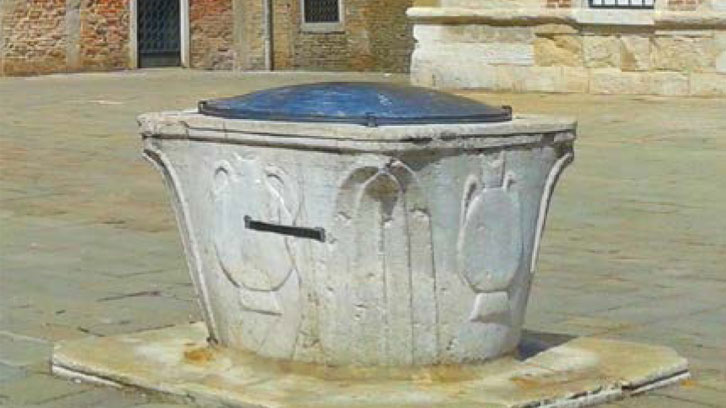New Approaches in Urban Water Governance

With accelerating urbanization, population growth and new global economic sectors like tourism, all expected to impose significant strains on urban water resources and governance systems in many of the world's coastal cities, it is crucial to understand how flows of water circulate and interact in urban systems. An equally important question relate to who in society benefits from these flows, or controls and governs them; and how issues of power and interests influence the management and governance structures of water resources.
Through case studies from tourist coastal cities in transition, bordering the Mediterranean basin, this doctoral thesis engages with these perspectives through combining physical and social perspectives of research including Urban Ecology which uses the concept of the water-cycle looking to more physical aspects related to input, consumption and output, as well quantity, quality, location and processes, and Urban Political Ecology which may help to show how social, political, cultural, and economic systems govern the flows of water through societies, shaping the formation of urban environments.
These combined approaches are here supported by the idea that research in urban water management and governance has mostly been from a functional and physical perspective. However, beyond accounting studies, as water has become increasingly influenced by the social dimension and change, particularly in urban areas, the relationships between water and society has come to the forefront of critical inquiry in the last decade. In fact, recent evidence has called for new discourses and representations of water cycle in urban environments and its governance model.
New research directions and strategies for how to improve urban water policies linked to the tourism sector are presented along with frameworks for how to analyze, trace and assess physical and social water flows and their governance in tourist coastal cities.
Paper I presents the theoretical and methodological background used to develop the study and suggests a framework to analyze the hydro-social cycle governance in urban tourist environments.
Paper II analyses the processes of transformation from Mediterranean tourist coastal cities through the lens of Urban Political Ecology.
Paper III applies the research framework provided in Paper I to analyse the hydro-social cycle governance of Venice case revealing past and present complex hydro-social relations and its current governance configuration.
The thesis points towards the notion of “hydro-social cycle” and argues for deeper engagement with urban political ecology and critical geography to better scrutinize water politics and governance systems in tourist coastal cities, as well as to help water planners, policy-makers, and who is involved in urban water management.
References
“Exploring New Approaches in Urban Water Governance: Case Studies in Mediterranean Areas”, Elena Ridolfi doctoral thesis, read at the Department of Geography and supervised by Dr. David Saurí (UAB) and Dr. Giuseppe Piperata (IUAV).

